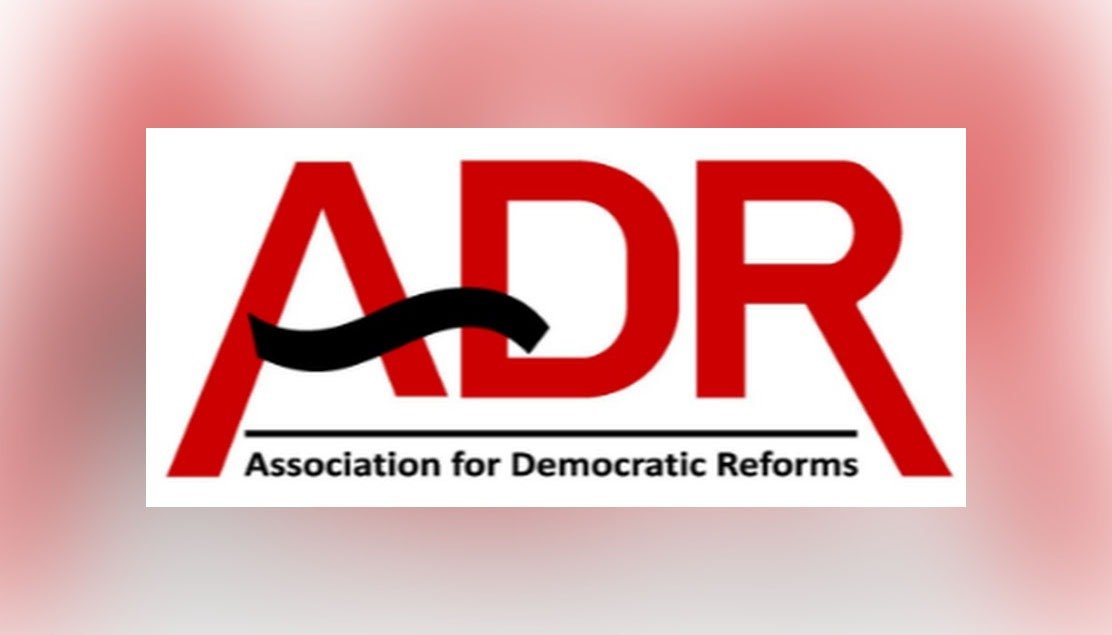NEW DELHI, Jan 17: Political parties have given reasons, such as “strong administrative capacity”, “commitment to public service” and claims of cases being “politically motivated”, for selecting candidates with criminal records in the 2024 Maharashtra and Jharkhand Assembly elections, poll rights body ADR said on Friday.
In many cases, the parties dismissed alternative candidates as lacking experience or the ability to connect with voters, using these explanations to side-step questions about their choices, the Association for Democratic Reforms (ADR) said.
The ADR has analysed the Form C7 of 1,286 candidates, who contested the Maharashtra and Jharkhand Assembly polls. Form C7 requires candidates to declare their criminal antecedents, if any.
An ADR report revealed that such reasoning often failed to meet the Supreme Court’s directive requiring detailed, merit-based justifications for selecting candidates with criminal backgrounds. Instead, statements like “the candidate is young and energetic” or “cases were filed due to public agitation” were repeatedly used.
Despite these assertions, 29 per cent candidates in Maharashtra and 20 per cent in Jharkhand had no justification published for their selection, a direct violation of the Supreme Court’s orders.
For instance, in Maharashtra, Digamber Rohidas Aagwane of the Rashtriya Samaj Paksha, facing 35 criminal cases, was described as an “influential leader” dedicated to the poor, with no viable explanation for bypassing candidates without criminal records.
Similarly, the selection of Congress’s Sanjay Chandukaka Jagtap and Bunty Baba Shelke, facing 27 and 26 cases respectively, as candidates was justified on grounds of administrative experience and alleged political victimisation.
The report also highlighted non-compliance with mandatory disclosures.
In Maharashtra, the NCP-Sharadchandra Pawar faction and the Shiv Sena (Uddhav Balasaheb Thackeray) failed to provide justifications for any of their candidates with criminal cases.
Similar lapses were noted in Jharkhand, where the Jharkhand Mukti Morcha (JMM) did not disclose reasons for selecting any of its candidates with criminal records.
The ADR has called for urgent reforms, including deregistration of the non-compliant parties, disqualification of candidates with serious criminal charges and stricter monitoring by the Election Commission (EC).
In Maharashtra, 48 per cent of the analysed candidates (503 out of 1,052) declared criminal cases, with 32 per cent facing serious charges.
In Jharkhand, 45 per cent candidates (105 out of 234) declared criminal cases, with 35 per cent facing serious charges.
Bharatiya Janata Party (BJP) candidate Babulal Marandi, facing 15 cases, was praised for his social service credentials and allegations against him were dismissed as politically driven.
The report criticised political parties for prioritising “winnability” over integrity and accused the EC of failing to enforce compliance effectively.
The ADR report also revealed significant non-compliance with disclosure requirements.
It pointed out that in Maharashtra, 83 per cent of such candidates were crorepatis, including the BJP’s Prashant Ramsheth Thakur, who declared assets worth Rs 475 crore.
In Jharkhand, Congress candidates dominated the list of the wealthiest, led by Krishna Nand Tripathi, who declared assets of Rs 70 crore.
The ADR emphasised that systemic reforms are essential to address the deep-rooted nexus between money, muscle power and politics. (PTI)












